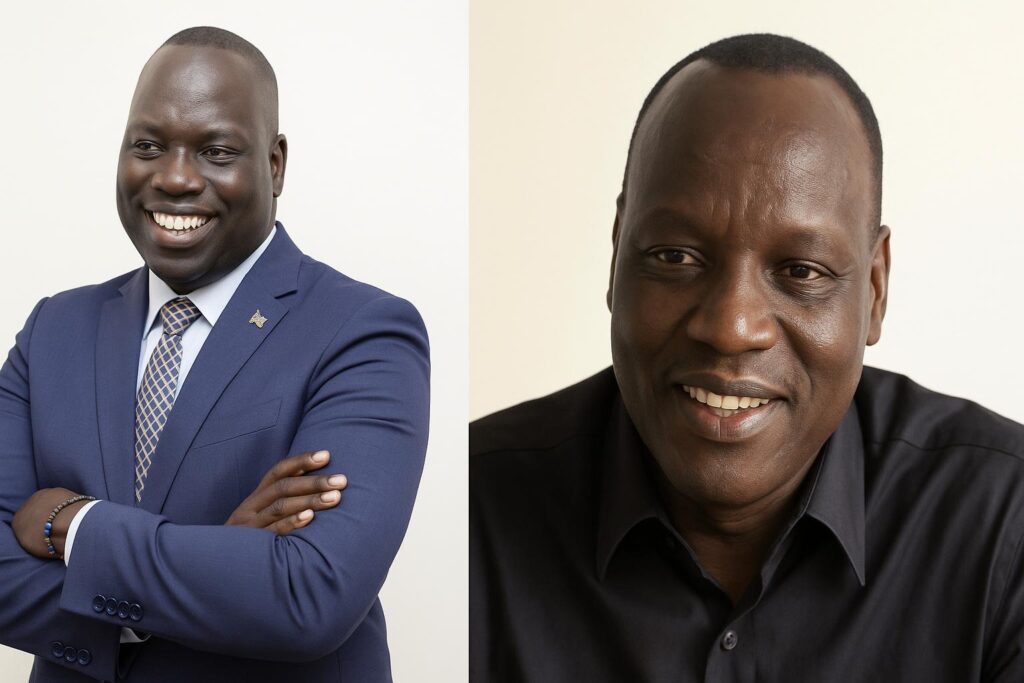Open Letter Sparks Debate
An unexpected open letter from Ateny Wek Ateny, once the presidential press secretary, has placed President Salva Kiir in the spotlight, inviting a nationwide conversation about recent high-profile arrests in the capital, Juba.
Dated 13 August 2025, Ateny’s nine-page appeal circulates on social media and local newspapers. In it, he respectfully urges the head of state to order the immediate release of businessman Akol Emmanuel Ayii and Major General Akot Lual, both held without formal charges.
Profiles of Akol Ayii and Akot Lual
Akol, chair of Trinity Energy, oversees interests in fuel distribution, mobile money and power generation, employing more than 9,000 South Sudanese. Analysts regard him as a pillar of the fragile post-war economy and a symbol of indigenous entrepreneurship.
General Akot Lual, once part of Kiir’s personal security detail, later served as special envoy to Greater Pibor. His 2014 mission to persuade David Yau Yau to remain loyal to Juba is still cited in military academies as an audacious peace gambit.
Economic Stakes in Detentions
Businesses linked to Trinity Group supply aviation fuel, power to Wau town and digital payments used by civil servants. Prolonged detention, Ateny argues, could disrupt salaries, regional flights and electricity for thousands of households already grappling with inflation.
Bankers in Nairobi and Dubai privately confirm that lenders begin questioning the group’s liquidity, a signal that confidence may erode swiftly. ‘Even a week without board oversight alarms financiers,’ says one regional risk consultant, noting potential ripple effects across Eastern Africa’s energy corridors.
Due Process and Political Optics
South Sudan’s transitional constitution calls for suspects to be presented before a judge within 24 hours. Human-rights observers contend that opaque detentions risk denting Juba’s image as it seeks debt relief and fresh investment after joining the East African Community.
Ateny frames the debate in softer tones, reminding Kiir that his legacy hinges on reconciliation. ‘The president must come last in every decision,’ he writes, implying that adherence to legal norms ultimately shields the leadership from allegations of personal score-settling.
Public Mood and Possible Outcomes
Radio phone-ins from Wau to Torit suggest mixed reactions. Some callers support tough measures against alleged financial impropriety; others fear job losses. University of Juba political scientist Mary Alual observes that transparency, not secrecy, would calm both camps.
Government spokespeople remain silent, but insiders hint at ongoing consultations between the National Security Service and the Justice Ministry. A cabinet briefing, expected later this month, could clarify charges or pave an avenue for negotiated release.
For now, the open letter has done its job: it pushes the conversation into the public arena and reminds South Sudan’s leadership that economic stability, rule of law and personal legacies often intersect in unexpected and very human ways.


